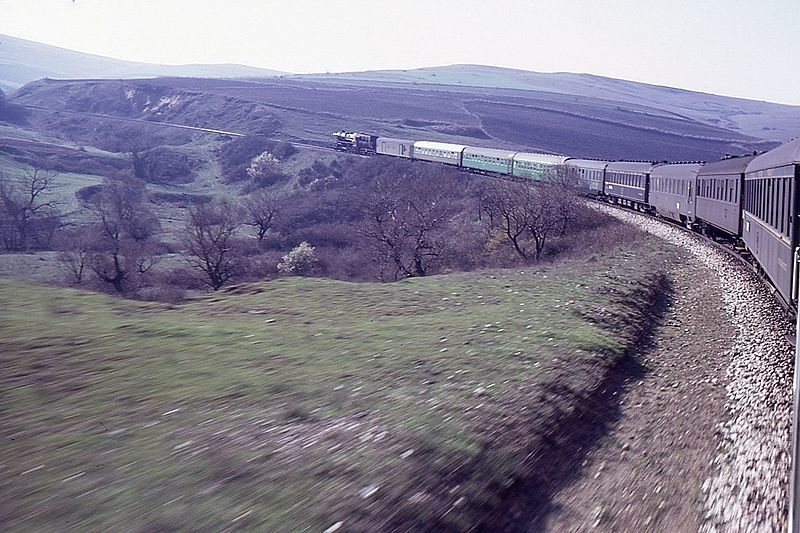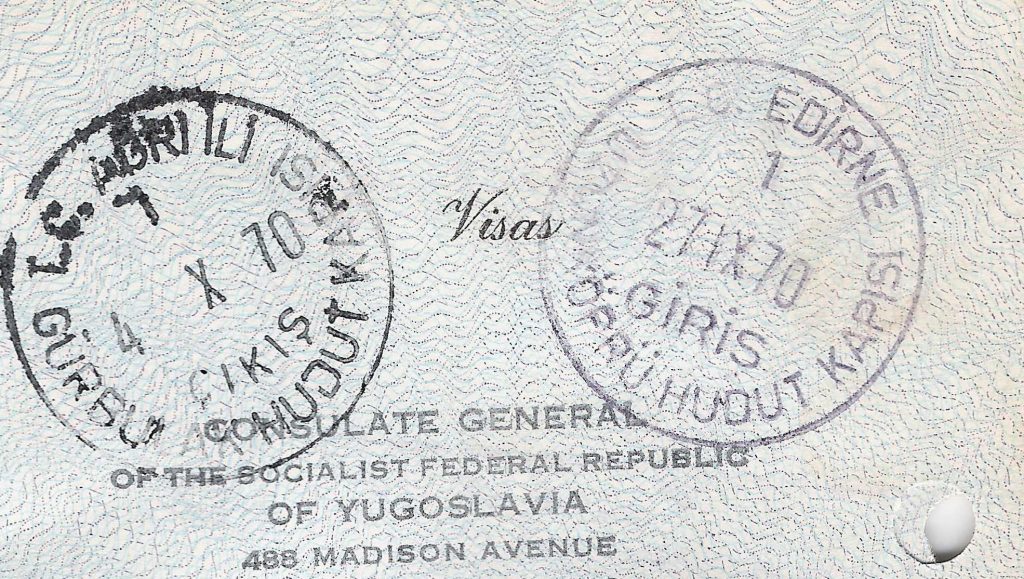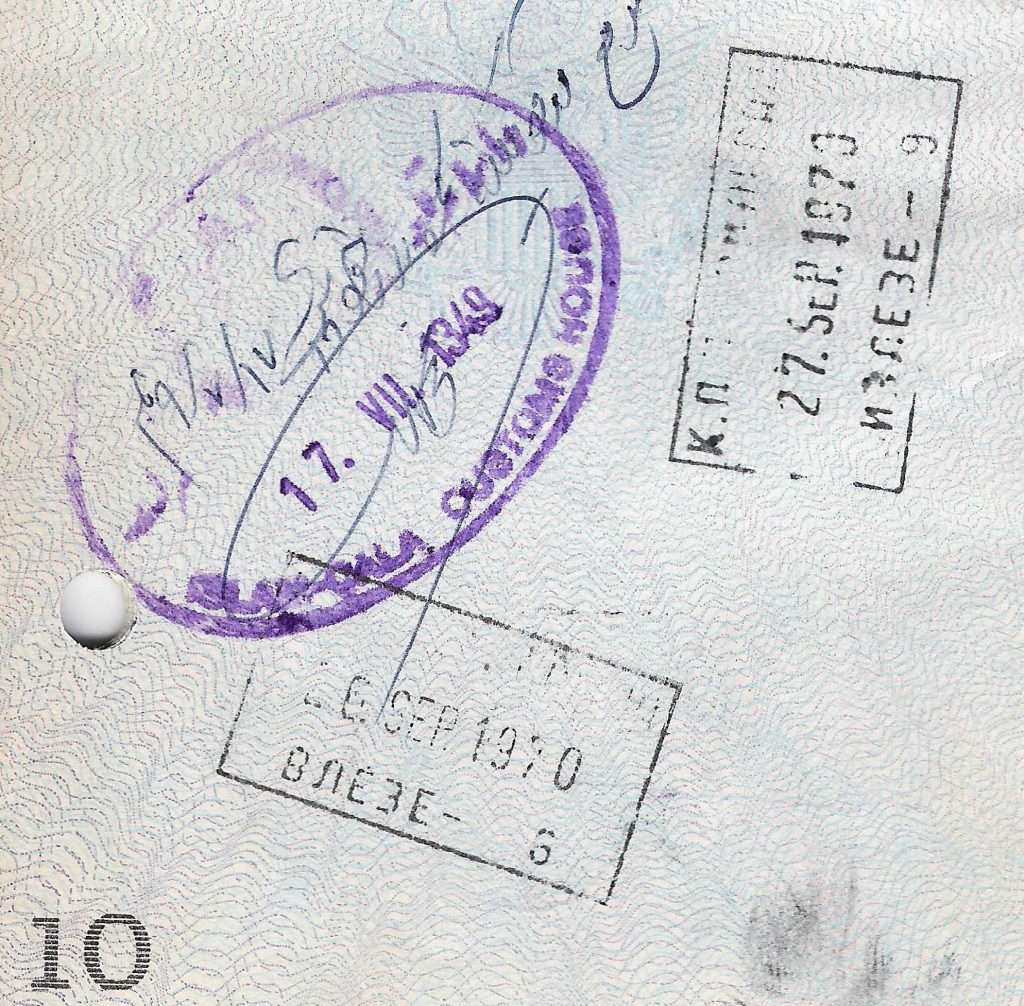The Orient Express
“The Orient Express really is murder.” — travel writer Paul Theroux
I spent a week in Munich taking in most of the tourist attractions. I tried to sample as many German dishes as I could. I toyed with the idea of attempting the arduous journey by land from Munich to Istanbul but abandoned that plan in favor of taking the Orient Express. a three-day journey costing $40 (about $250 in 2020 dollars) traveling in a six person compartment, which could be converted for sleeping at night.
What images come to mind when you hear the words The Orient Express? For many of you, it is likely images from one of the film versions of Agatha Christie’s Murder on the Orient Express. These are scenes of the height of opulence in travel – luxurious private compartments, plush lounge cars, and world class dining with linen, crystal, fine china, and silver place settings. The Orient Express in 1970 had fallen a long way from this pinnacle of opulence.
This is the grim reality as described in a travel guide of the time. “From the 1960s onwards the Orient Express gradually lost its shine. In 1977, nearly 100 years after the first journey, the last direct train left Paris for Istanbul. This spartan Direct-Orient mainly carried hippies and migrants. There was no dining car anymore; passengers had to bring their own supplies for several days.” “The Orient Express really is murder,” complained travel writer Paul Theroux of the frugal surroundings. “The contrast to the sophisticated 1930s Simplon Orient Express could not have been greater.”
This was an apt description of my experience. I was the only Westerner in a compartment with five migrant workers from Yugoslavia. My travel companions and I all spoke a little German, so we were able to navigate simple conversation. For food, they carried a variety of pungent-smelling items, whose aromas filled the compartment for our entire trip. The assertive food smells helped to mask other odors on the train, especially those emanating from the bathrooms. The men’s bathroom in our carriage had about an inch of standing urine on the floor.

I enjoyed the scenery as we passed through Western Europe and on to Eastern Europe. The sleeping accommodations were just boards that flopped down from the walls. I was most grateful for my air mattress and sleeping bag. The most unsettling aspect of the trip was passing through nations still under the yoke of oppressive Communist regimes. The Yugoslavia border crossing was not bad since it was daylight. It was unnerving, however, when we woke in the middle of the night with the train stopped and Bulgarian police going compartment by compartment for passport checks. The Bulgarian regime at the time was brutal and slavishly loyal to the Soviet Union.


I met a friendly African American on the train who had formerly served with the Peace Corps in Turkey. He was going to be staying with friends who taught at the American University in Istanbul. He invited me to join him, certain that they would be happy to have me. More about that in my next post.